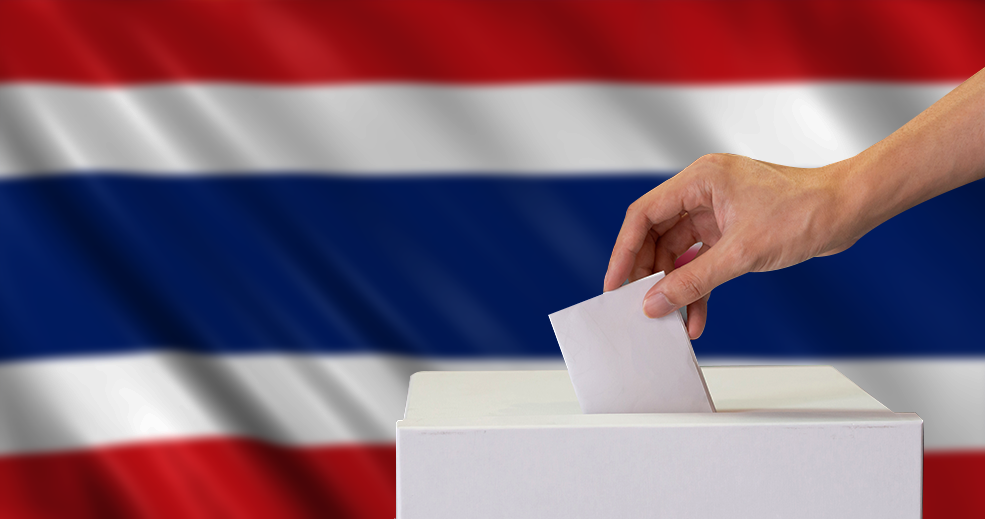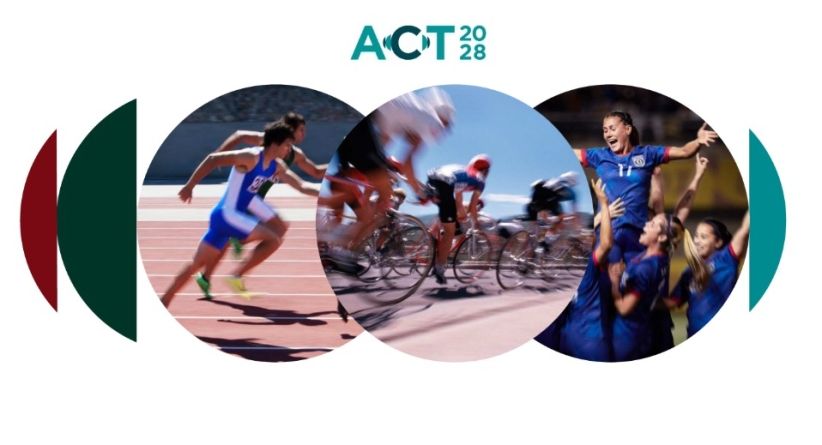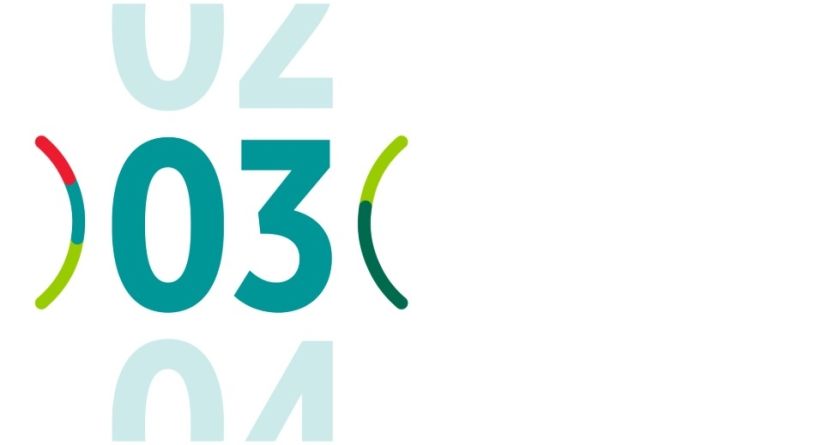
The spectre of political crisis once again hangs over Thailand
With its parliament dissolved by Prime Minister Prayut Chan-o-cha on 20 March 2022, Thailand has returned to the kind of political instability that has plagued it since the last coup d’état in 2014.
In theory, a general election must be held by 14 May and will see the military junta’s party, led by the current prime minister and former general, who is standing for re-election, face off against former prime minister Thaksin Shinawatra’s Pheu Thai Party. Shinawatra, overthrown by a coup d’état in 2006 and in exile in Cambodia ever since, has appointed his daughter Paethongtarn “Head of the Pheu Thai Family”. His sister Yingluck led the country between 2011 and 2014.
Although the Thaksin clan is very popular in the northeast of the country and enjoys huge support among the middle class, legislative changes made by the junta mean its return to power is by no means a foregone conclusion. After the 2014 coup and the 2019 putsch, the generals changed the constitution to guarantee themselves a permanent majority in the Senate, making it hard for any prime minister to come to power without the support of the military.
Despite having won every recent general election, the Thaksin clan has not managed to return to power, lacking a sufficient majority in the lower house to offset the junta’s majority in the Senate. To be in with a chance of winning, the clan needs to secure 376 of 500 seats.
But the context is a little different this time around and General Prayut could be a casualty of splits within the junta: a second grouping led by 77-year-old Prawit Wongsuwon, current First Deputy Prime Minister and former commander-in-chief of the Royal Thai Army, is also standing. He is even threatening to form an alliance with the Thaksin camp.
In the still likely event that Pheu Thai wins the election but without the majority needed to secure the post of prime minister, the country will once again find itself at a political impasse. Although the military junta would hold onto power, it would be forced to rely on Pheu Thai’s support to manage day-to-day affairs, including in particular all budgetary matters.
Lastly, it’s important to remember that Thailand is still a monarchy where the king is elevated to divine status and blasphemy against the royal family is severely punished. King Rama X, on the throne since 2016, is far less popular than his father Rama IX; spending much of the pandemic self-isolating with his harem in a luxury hotel in Germany did nothing to restore his tarnished image. Protests broke out in July 2020 calling for an end to the constitutional monarchy, seen as overly authoritarian and accused of being too soft on the military and the political repression practised by the junta. As the election campaign gets underway, the king has yet to declare his official support.
Supporting the recovery
Yet, after a series of shocks, what the country really needs is stability. The first of these shocks was, of course, Covid, which brought the tourism industry to its knees.
The number of visitors to Thailand slumped from 40 million in 2019 to a fraction of that amount in 2020 and 2021. Reopening the borders in 2022 brought some relief, with around 12 million tourists visiting the country. Authorities are hoping for around 25 million visitors in 2023. The big question is when Chinese tourists, who accounted for up to a third of all visitors before the pandemic, will come back.
The second shock was the rise in commodity prices, particularly in food and energy, which fuelled inflation from early 2022 onwards. After peaking in August at 7.9%, inflation began to slow, falling to 3.8% in February.
Fortunately for the country’s central bank, this rise in volatile prices did not spread to core prices, with core inflation remaining fairly moderate – and above all very stable – at around 3%. This has allowed the central bank to hike interest rates extremely slowly and gradually (raising them by 100 basis points since July, in 25 bps increments) and thus to better withstand constraints resulting from US monetary tightening.
External balances have deteriorated as a direct result of the rising price of imported commodities and the drop in tourist numbers. The current account, historically in surplus thanks to steady flows of tourist business, went into deficit in 2021 (-2.2% of GDP) and 2022 ( 0.5% of GDP). The trade deficit has also steadily deepened since March.
The upturn in tourism, which has already helped the baht regain ground against the US dollar since October, should also see the country generate a current account surplus this year.
All in all, growth is set to quicken to 3.7% in 2023, compared with 1.5% in 2021 and 2.8% in 2022, buoyed by the recovery in consumer spending and exports of services.
But this scenario obviously depends on the assumption that the electoral process is a success and that its outcome, whatever that may be, is accepted by the various different camps. Although the most popular tourist destinations – the beaches and islands of southern Thailand – are unlikely to be among those places where election results are the most hotly contested, international visitors might change their holiday plans if the political situation is too unstable.
Politics in Thailand is anything but a smooth ride: the country has faced three coups since 1990 (in 1991, 2006 and 2014). The army’s involvement in politics, the monarchy’s absolutism and the predominance of a single major opposition party all contribute to this chronic instability. Yet stability is exactly what Thailand needs if it is to hold its own in a fast-changing region where opportunities created by the reconfiguration of value chains will see countries compete fiercely for new investors. In a context like that, a lack of visibility is never an advantage.







